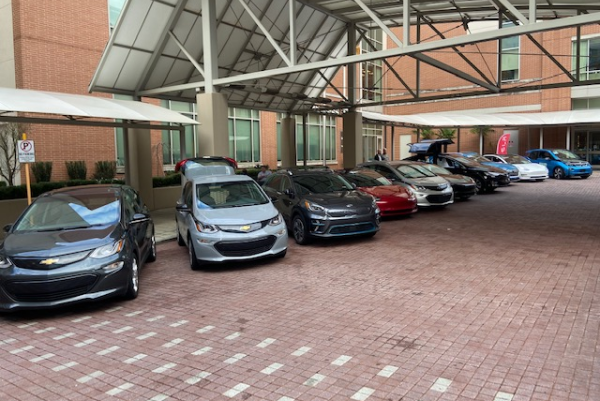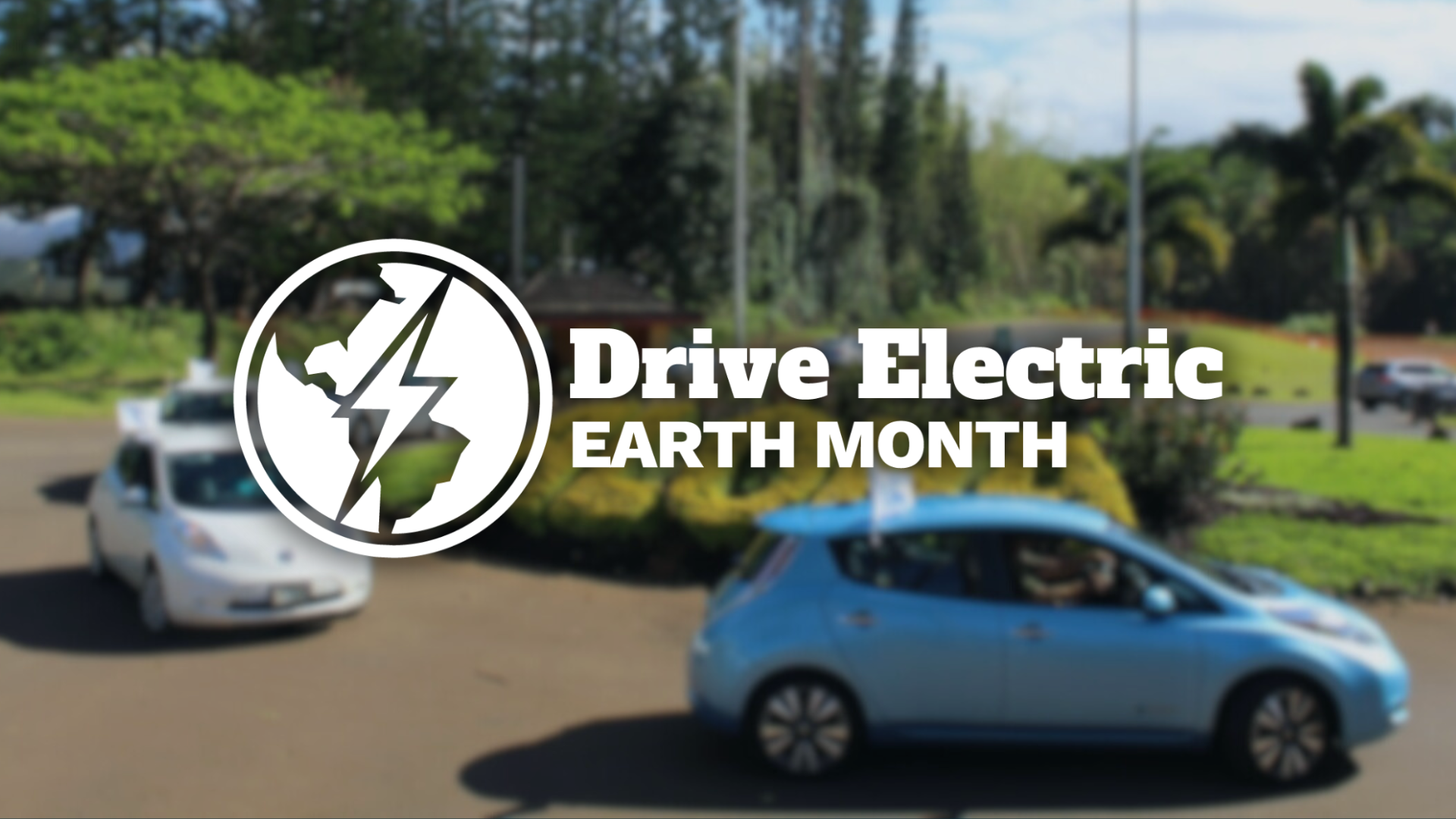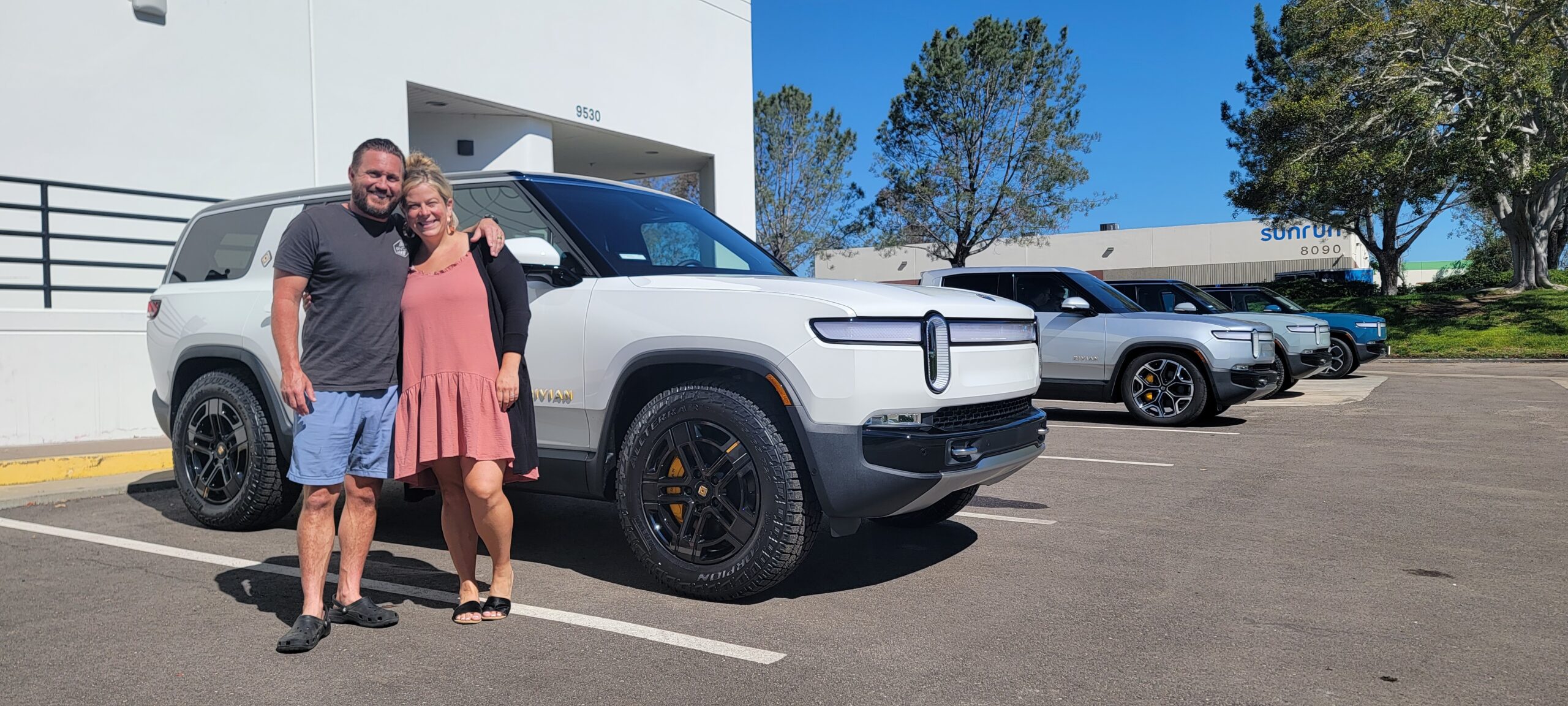Despite what naysayers are trying to say, the electric vehicle (EV) market is not going anywhere. A recent study showed that EV sales may drop 43% in 2020—hinting that the EV market is in trouble. Will we see a decline in EV sales in 2020? Sure, because COVID-19 is forcing consumers to stay inside and not go shopping for any car, period. Not just electric ones. But this temporary pause in vehicle purchasing doesn’t mean that EVs are out and the gas car is back in style. Here’s why.
Policymakers and consumers are catching on to the benefits of switching to electric transportation. Cities and states have committed to electrify their own fleets as a pathway to meet carbon reduction plans that cite transportation as the largest source of carbon emissions.
Today’s current low oil prices also shouldn’t impact the future of EVs. Even if the price of gas remains low in the near-term, EVs are still a better bang for the buck in the long term with the savings on maintenance and better fuel economy compared to a gas vehicle.
COVID-19 is highlighting how reducing air pollution needs to be a priority for cities and states too. The New York Times recently reported a study that showed the linkage between air pollution and increased risk for health problems such as lung and heart conditions. Good thing that EVs have no tailpipe and, therefore, produce zero tailpipe emissions, the major cause of air pollution. Policymakers may be more inclined now to introduce even stronger policies that promote the growth of transportation electrification.
Furthermore, automakers remain committed to electrification. Despite some EV models being delayed due to COVID-19, major automakers have spent billions of dollars in research on EV technology that has been underway for years. Some automakers have literally bet their whole future on these vast investments. These long-term investments won’t just disappear. And, we weren’t expecting many new makes and models of EVs to be available for purchase in 2020 anyway. For example, Ford doesn’t have any makes or models of EVs coming out until 2021 and those are expected to be big hits with consumers: the all-electric F-150 and the Mustang Mach-E. Additionally, major automakers will also likely be again required to make and sell EVs in states that have adopted the zero-emissions vehicle (ZEV) mandate, representing nearly one half of the U.S. car market, once the legal battles play out over the EPA/NHTSA clean car standards rule.
What will impact the market is the release of Tesla’s Model Y. Currently, more than 75% of EV sales are from Tesla. The long-awaited Model Y, Tesla’s first foray into the popular small SUV market segment, began deliveries in March and will be ramping up later this year once Tesla is allowed to reopen its Fremont factory, which should have a big impact on the market. In fact, Tesla still saw a strong first quarter, despite production freezes in China and then North America, posting 88,400 global vehicle deliveries. This represents a 40 percent increase over the first quarter of 2019 for the leading EV automaker.
With declining demand for cars expected over the coming months, automakers are expected to be reducing shifts and maybe idling whole factories in response. For some, this could also be an opportunity to terminate struggling gasoline models and move more rapidly in taking their long-planned EV models into production.
There you have it. Is the EV market in trouble right now? Our answer to that: the entire car market is in trouble as we continue to deal with the COVID-19 pandemic. However, with all of the factors discussed above, we believe that EV sales will hold up, noting that the entire auto industry may decline in the near term. We will get through this pandemic, and so too will EVs.


